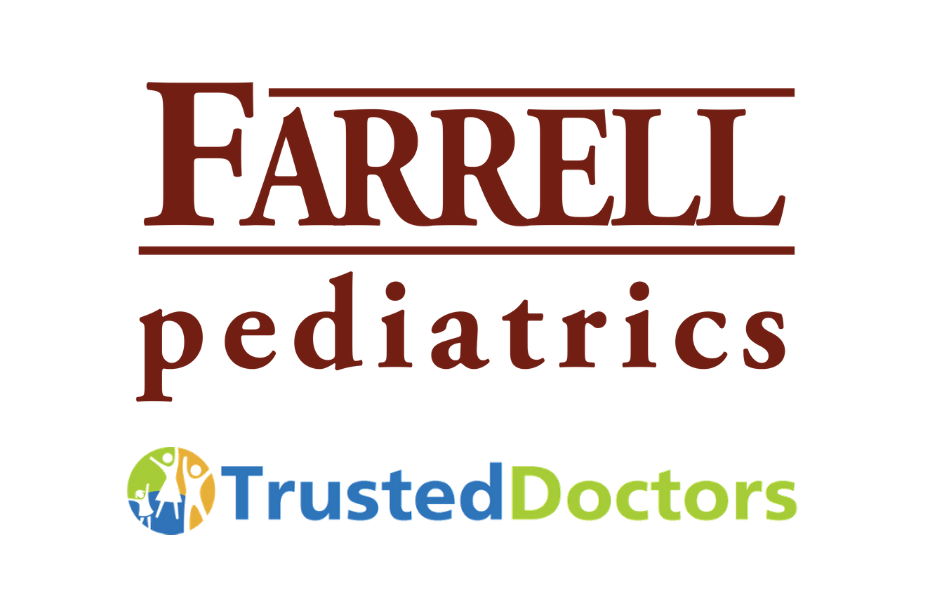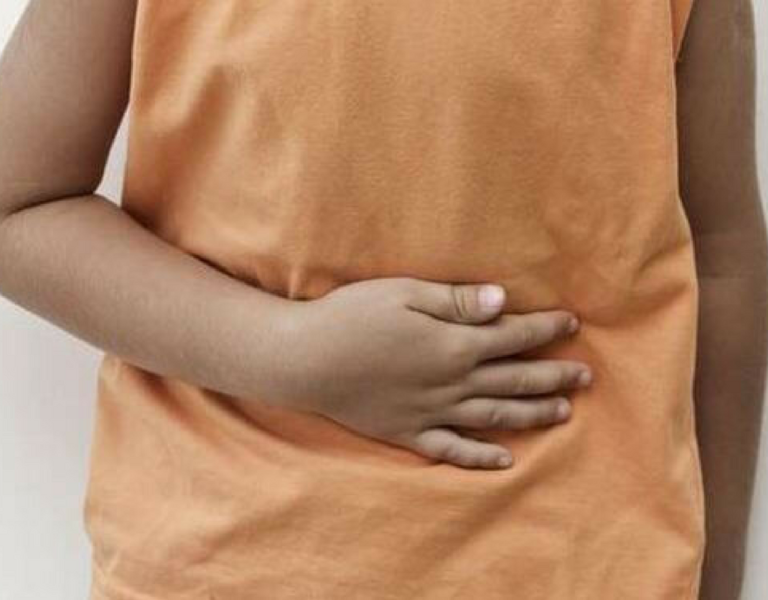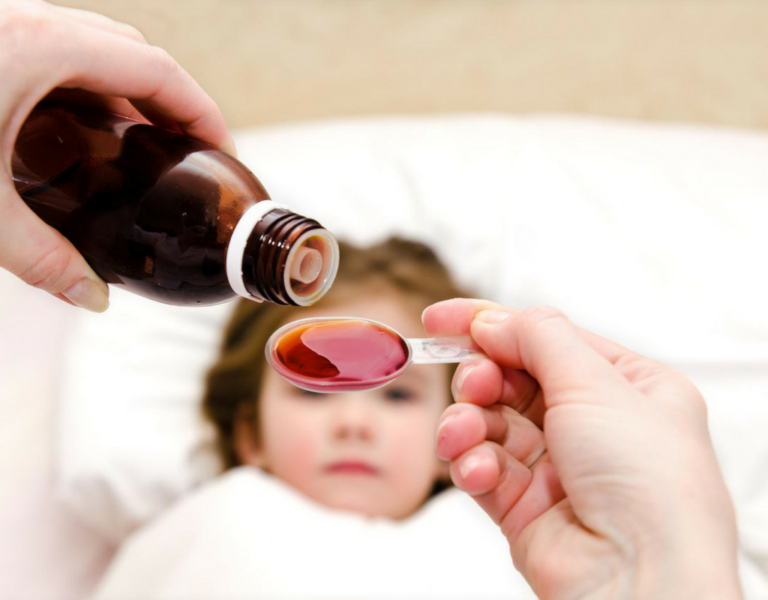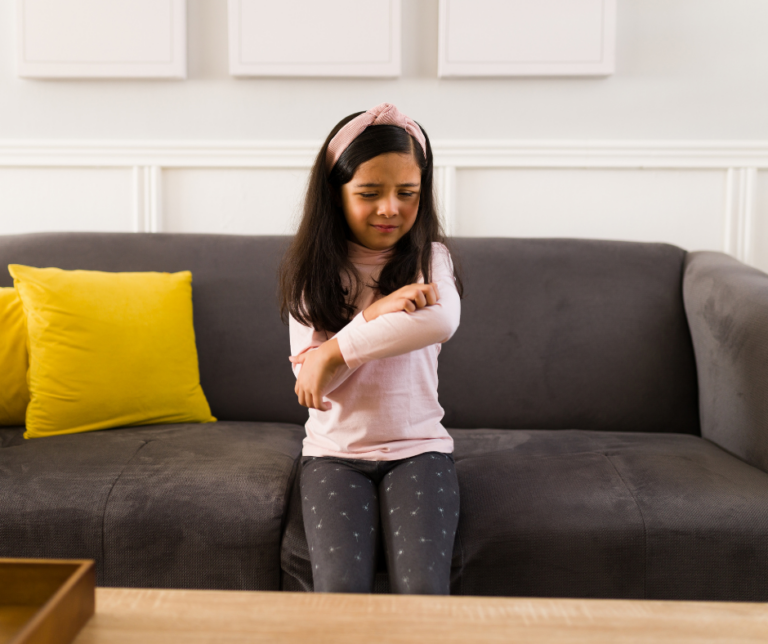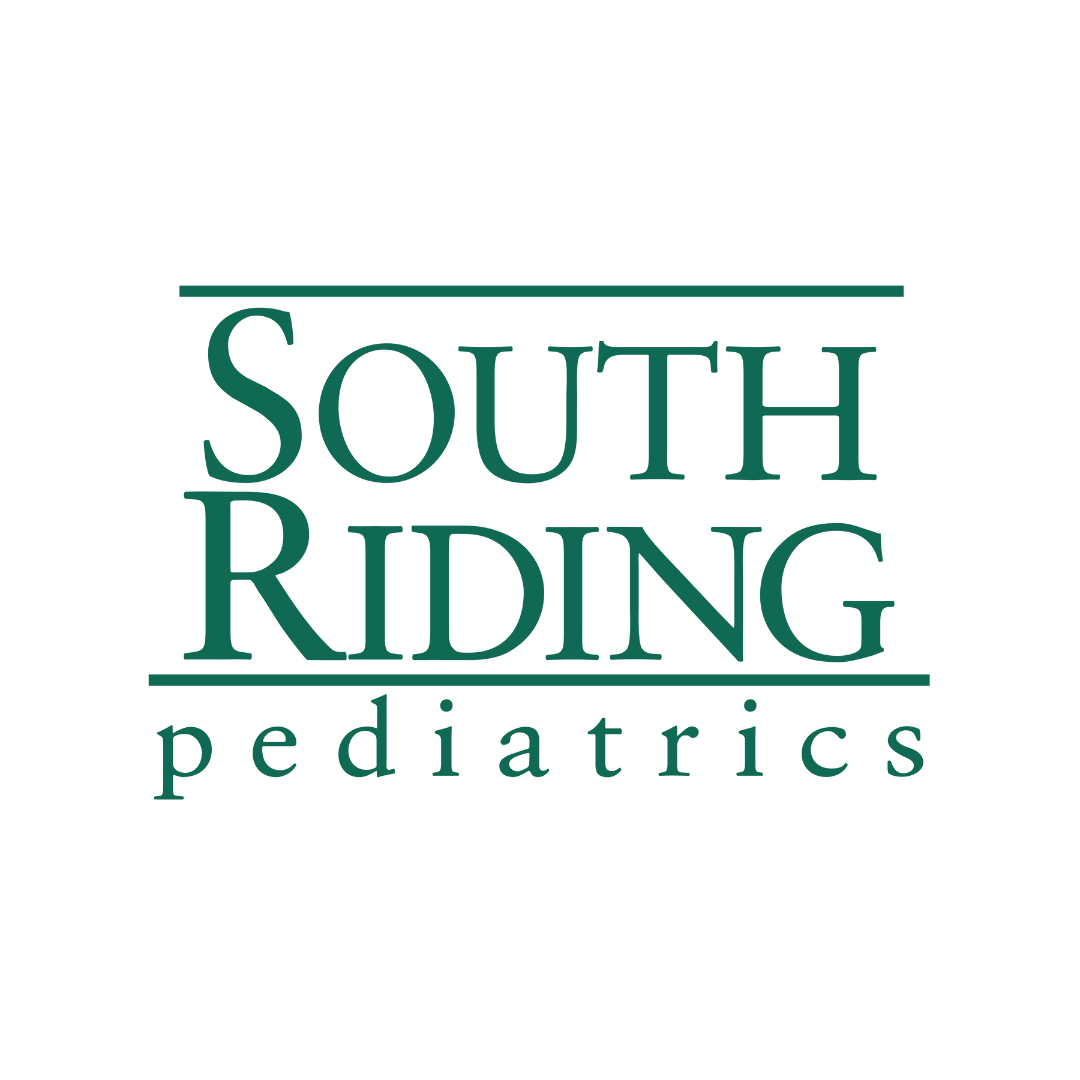Over–the–Counter (OTC) Cough and Cold medications can be very confusing and potentially dangerous for parents and their children. Even doctors and nurses can feel overwhelmed and confused when walking into the cold/flu aisle of your local pharmacy. There are hundreds of products each supposedly providing relief for different symptoms. We are going to try and help take away the myth of all these medications and to help you safely use these medications for your children. First let’s figure out the basic types of medication.
| Type of medication | What it treats | Examples of medication names |
| Analgesics (Pain medications) | Relieves body aches, headaches, and other forms of pain | Acetaminophen (Tylenol), Ibuprofen (Motrin, Advil), Naproxyn (Aleve), Aspirin** |
| Antipyretics (fever reducing medications) | Reduces fever | Acetaminophen (Tylenol), Ibuprofen (Motrin, Advil), Naproxyn (Aleve), Aspirin** |
| Decongestant | Stuffy nose, Runny nose, Congestion | Pseudoephedrine, Phenylenphrine, Oxymetazoline, Naphazoline, Xylometazoline |
| Antihistamine | Runny nose, itchy eyes, itching, hives, sneezing, itchy throat | Diphehydramine (Benadryl), Chlorpheniramine, Brompheniramine, Pheniramine, Clemastine, Loratadine (Claritin) |
| Antitussive | Cough suppressant | Dextromethorphan |
| Expectorant | Thins secretions making them easier to cough up | Guaifenesin (Mucinex) |
**Aspirin should NEVER be giving to children unless directed by a physician secondary to Reye syndrome.
Rules of Over the Counter Medications
- Children less than 12 months old should NOT receive any over the counter medications except fever reducers (ex. Acetaminophen/Ibuprofen)
- Children under age 6 months should NOT get Ibuprofen.
- READ LABELS VERY CAREFULLY—Many medications are multi-symptom medicines. It can be very tricky because you can give your child to much of a medication. For example, your “cold medicine” may have a fever reducer in it such as acetaminophen and you could double dose your child easily.
- Medications with one ingredient are easier to monitor than the multi-symptom medications.
- Cough medications should only be given at night if your child is unable to sleep so that he/she may get some rest.
- Antihistamines will do little to relieve cold symptoms and may cause increased sleepiness.
- Decongestants may cause irritability, sleeplessness, increased activity and elevated heart rates.
- Nasal sprays that contain a decongestant such as phenylenphrine (Afrin) may relieve congestion quickly but will actually make symptoms worse upon stopping medication. This is known as a rebound effect. Therefore, the medications should only be used with doctors supervision.
Remember these medications will NOT cure your child’s illness and they are not a miracle fix. Many times cool mist humidifiers, bulb suction and nasal saline drops in the nose, warm showers and plenty of fluids will work just as well.
